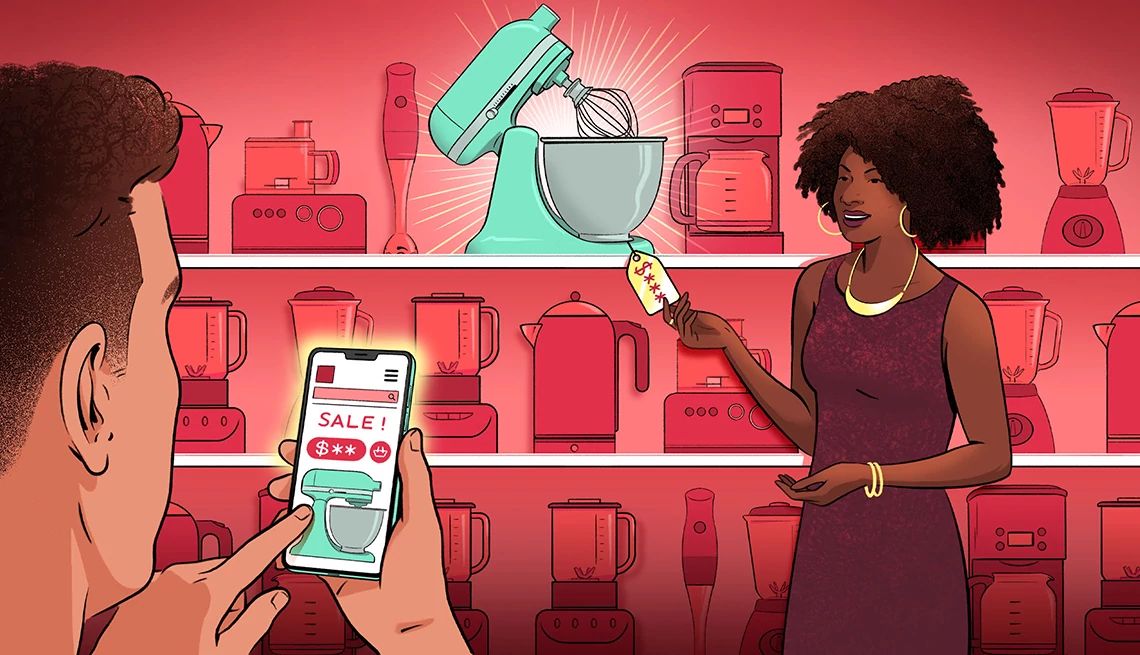
How price-matching can save you a bundle
- Select a language for the TTS:
- UK English Female
- UK English Male
- US English Female
- US English Male
- Australian Female
- Australian Male
- Language selected: (auto detect) - EN
Play all audios:
Price matching at Best Buy, Target, PetSmart and many other stores can save you time and money. Retailers have every reason to do so since, thanks to the proliferation of online shopping,
physical stores have become showrooms of sorts. Customers come in to check out the product but buy it online often for cheaper. By offering to match the lower price, the retailer gets the
sale. SHOPPER BEWARE There are caveats with price matching. Some retailers make it easy, while others attach conditions that make it more complicated. Certain retailers, such as Amazon and
Walmart, don’t offer price matching at all. Walmart did for decades but stopped doing so a few years ago. “Some stores have ridiculous conditions,” says Kevin Brasler, executive editor of
Consumers’ Checkbook, a resource for ratings, prices and reviews of businesses. The nonprofit recently scoured the policies of about 100 retailers and put them to the test. Makeup store
Sephora landed on the list of retailers with complicated rules regarding price matching. Its policy states it will match lower in-store prices of only a handful of stores, including
Bloomingdale’s, Neiman Marcus, Nordstrom and Saks Fifth Avenue, but only if the competitors’ lower prices are for products not on sale, says Brasler. Best Buy and Target are the opposite —
they both make it easy to get a lower price if the item can be bought for cheaper elsewhere. Still, even the most generous price-matching policies come with limitations. Brasler says these
are some of the most common restrictions: * The item must be identical in color and specifications * The retailer offering the lower price must have it in stock or be able to ship it
immediately * Price matching from warehouse clubs is often excluded * Cellphones are often excluded from price matching policies * Retailers typically won’t price match on clearance or
discontinued items Despite these limitations, price matching can save you money and doesn’t have to seem overwhelming if you follow these three tips from Jeanette Pavini, author of The Joy
of $aving. HOW TO USE PRICE MATCHING TO SAVE MONEY 1. LOOK FOR A STORE’S POLICIES Check the customer service or policies sections of a retailer’s website, or do a general web search for the
store’s name plus the words “price match.” If the store has a policy, find out which competitors’ prices it will match and read the fine print. Typically the item must be in stock and be the
same model number; it may also have to be the same size and color.